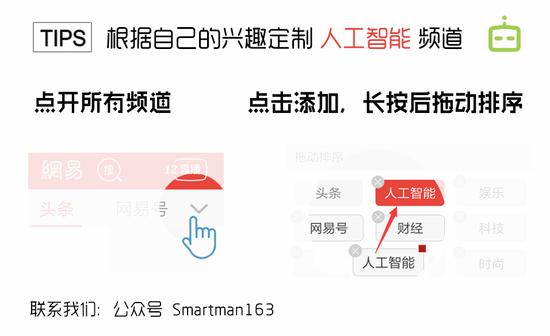(Original title: Although the medical industry invests heavily in AI, its value is still quite limited)

Lei Feng Wang: According to the article translated from "FierceHealthcare", the author believes that AI is overheated and its value is still quite limited.
“The confusion that pervades the chaos surrounding AI and machine learning is stronger than ever before, so the medical community is divided,†said two researchers at Stanford University. They believe that AI has reached the expected peak, and the medical industry needs to focus on how this cutting-edge technology can effectively improve medical care.
Jonathan H. Chen, MD, MD, and Steven M. Asch, of Stanford University's Faculty of Medicine, said in the New England Journal of Medicine that “AI has reached the expected peak value,†and “through increased understanding of AI technical capabilities and limitations. The medical industry can slow down and step into disappointment."
An extreme example of this early this month is that venture capitalist Vinod Khosla said that AI will soon replace oncologists. "If you have tumor-rich data, it's hard to think that oncologists can be of value," according to VentureBeat, who said at an event hosted by MIT that "they can't understand what might happen in the future." Class arguments are inspiring but they are useless. Ultimately, only medical professionals and algorithms can work together to truly benefit the medical industry.
The true value of AI lies in aiding decision-making, Chen and Asch added. The current AI system's conclusion is usually what the patient already knows. If the AI ​​is to be truly valuable in clinical care, this technology must provide some predictions that can influence clinical decision-making and improve clinical practice.
"The criteria for looking at the AI ​​system must be real-world standards of care. For example, doctors will mistakenly estimate the positive rate of screening for rare diseases, and have a one-third probability of overestimating the patient's life expectancy, thus giving patients a high rate in the last 6 months. Strength treatment,†the researchers wrote.
Before this, the industry must go beyond this big mountain: how can it be easier to access valuable patient data in real time. As Chen and Asch pointed out, the shelf life of clinical data used for prediction is about 4 months.
Undoubtedly, although many companies in the medical industry invest heavily in AI, the application of AI in practice is still quite limited.
 燑br>
燑br>
Dongguan Guancheng Precision Plastic Manufacturing Co., Ltd. , https://www.dpowergo.com